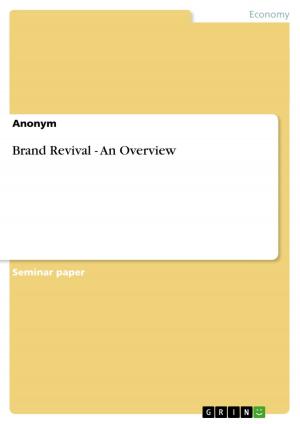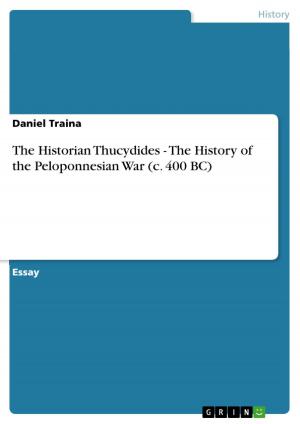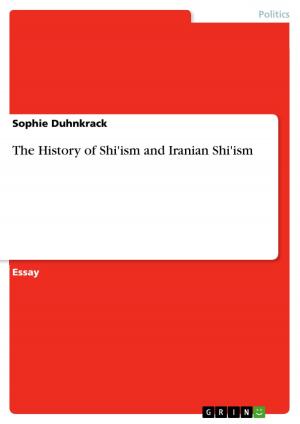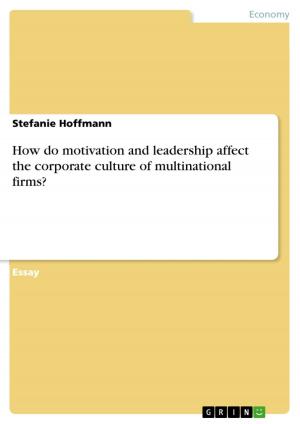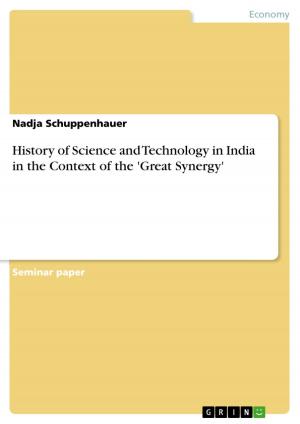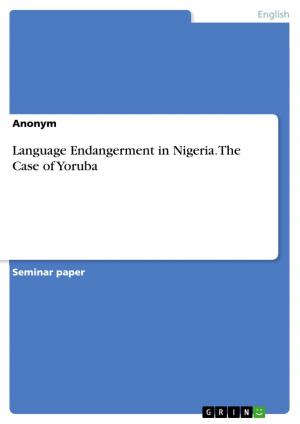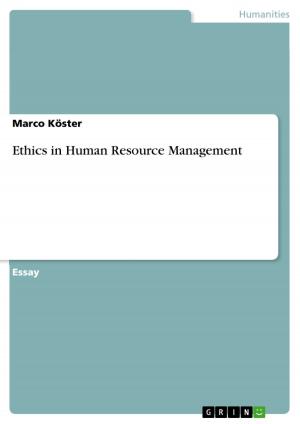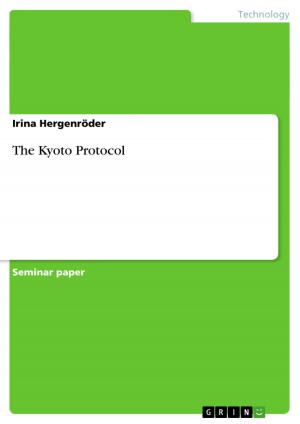| Author: | Anne-Katrin Wilking | ISBN: | 9783640986576 |
| Publisher: | GRIN Publishing | Publication: | August 18, 2011 |
| Imprint: | GRIN Publishing | Language: | English |
| Author: | Anne-Katrin Wilking |
| ISBN: | 9783640986576 |
| Publisher: | GRIN Publishing |
| Publication: | August 18, 2011 |
| Imprint: | GRIN Publishing |
| Language: | English |
Seminar paper from the year 2011 in the subject English Language and Literature Studies - Linguistics, University of Rostock, language: English, abstract: ...In this essay it will be argued that Middle English can not be considered a creole. First, I will define the word creole, and argue that, according to this definition, Middle English is not a good example of a creole. Then I will discuss some of the creolization criteria that have been used by Danchev in Fisiak. He claims that Middle English meets 7 criteria that would be characteristic of a creole language. I would like to argue that the arguments for the statement that Middle English would resemble a creole are not strong enough. Finally, I will look at the 'creole hypothesis', i.e. the hypothesis that Middle English would be a creole, in a sociohistorical and sociolinguistic framework. In this respect, I will state that Middle English could not be called a creole either....
Seminar paper from the year 2011 in the subject English Language and Literature Studies - Linguistics, University of Rostock, language: English, abstract: ...In this essay it will be argued that Middle English can not be considered a creole. First, I will define the word creole, and argue that, according to this definition, Middle English is not a good example of a creole. Then I will discuss some of the creolization criteria that have been used by Danchev in Fisiak. He claims that Middle English meets 7 criteria that would be characteristic of a creole language. I would like to argue that the arguments for the statement that Middle English would resemble a creole are not strong enough. Finally, I will look at the 'creole hypothesis', i.e. the hypothesis that Middle English would be a creole, in a sociohistorical and sociolinguistic framework. In this respect, I will state that Middle English could not be called a creole either....


